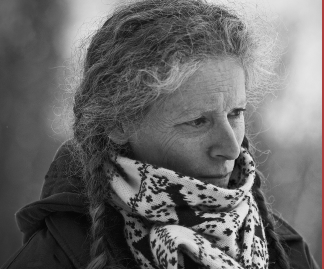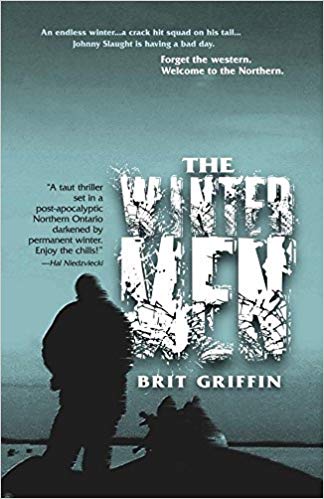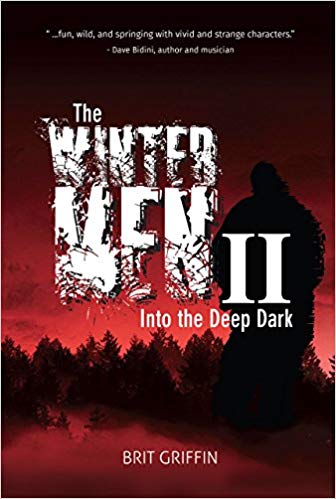Writing in the Anthropocene by Brit Griffin



My imagination has been tuned into the ticking of the Doomsday clock for some time. The
crucible of extreme events, of catastrophe and Armageddon, have always been of interest. How
we behave in these worst moments says something about us as human beings. That interested
me. And so it was natural that my first work of fiction would be speculative fiction.
The Wintermen series started out as speculative fiction about climate change. I probably started
thinking about the storyline in 2010, intrigued more by the idea of perpetual winter than climate
change. As the first book went from draft to final version it evolved, more preoccupied by a
warming climate, by the consequences of our addiction to fossil fuels. I spent the next several
years imagining and writing about a possible future, exploring a cautionary scenario that helped
me think about what might be and how we could act to avoid that future.
Problem is, it is no longer speculative.
There is no more future tense when it comes to climate change, there is only the here and now.
As I write, Antarctica recorded its hottest day ever. Climate change rages through our daily
media coverage; maybe even now reaching a toxic tipping point of media saturation. Too many
animals reduced to ash, too much of the mass extinctions. Too many homes washed away or
burnt. It is not possible for me to write about climate change as a what if, and that changes the
project. So when I came to write the third, and final, book in the Wintermen series (At the End of
the World, fall 2020), it was with an understanding of it as a book of transition and uncertainty.
So how then to write about climate change now? It is time maybe to shift from the dystopian
project to the utopian one. If we could tear it all down, what would we want instead? Art can
help us imagine a different way of being, to resist an apocalyptic machismo that turns a select
few into successful preppers and the rest of us into victims. The imagination can be a sharp
weapon. We could use it like a crowbar, to pry open the narrow vision of how humans and non-
humans can be in the world together. To see more wholistic visions, and versions, of ourselves.




